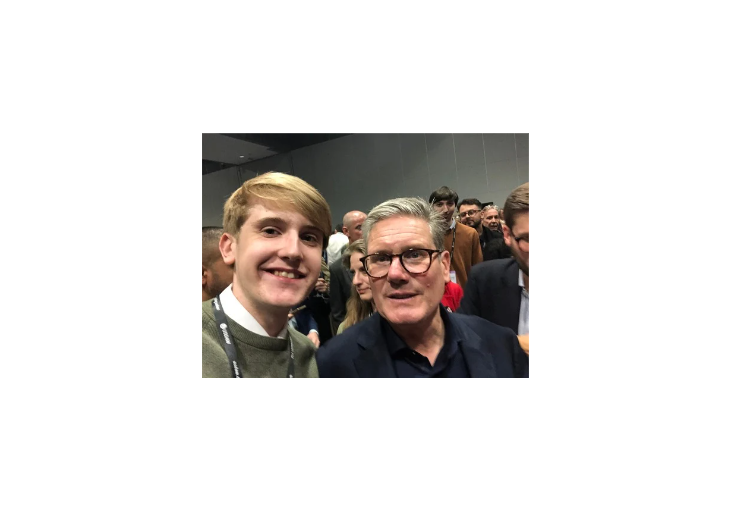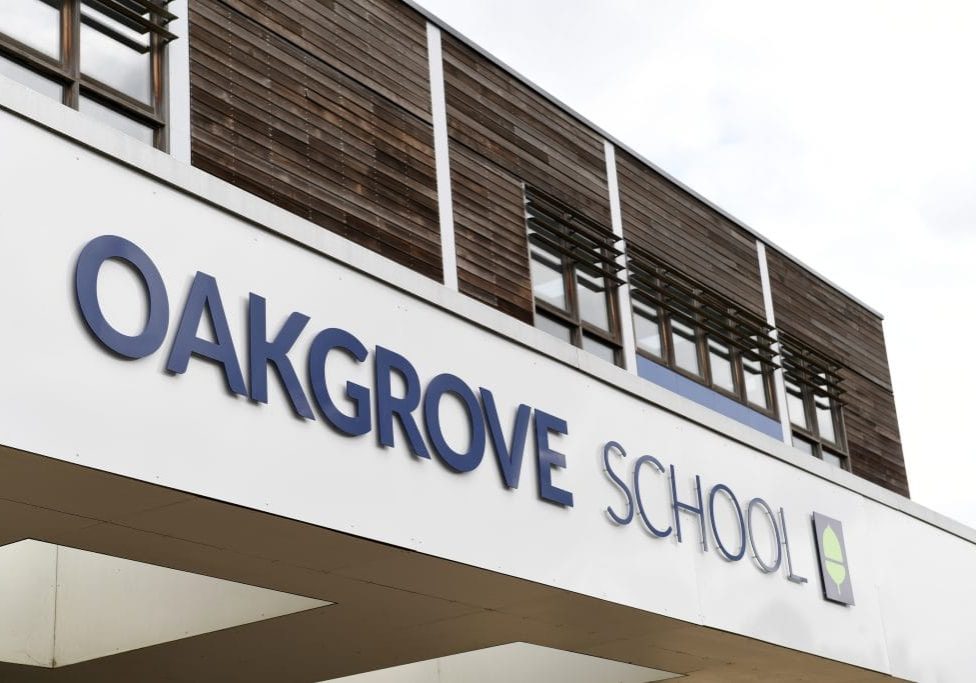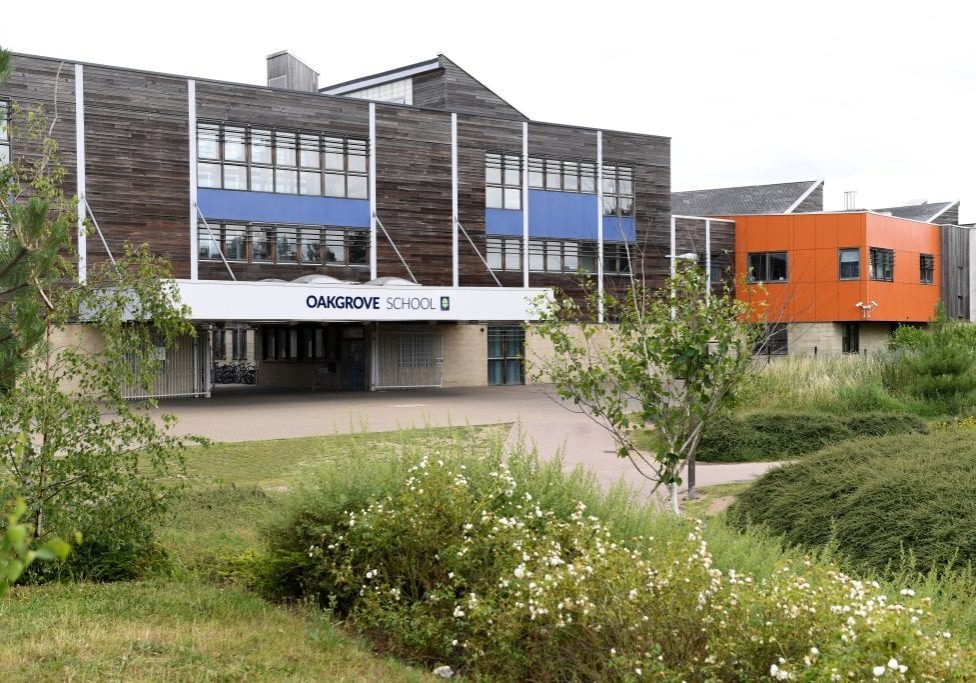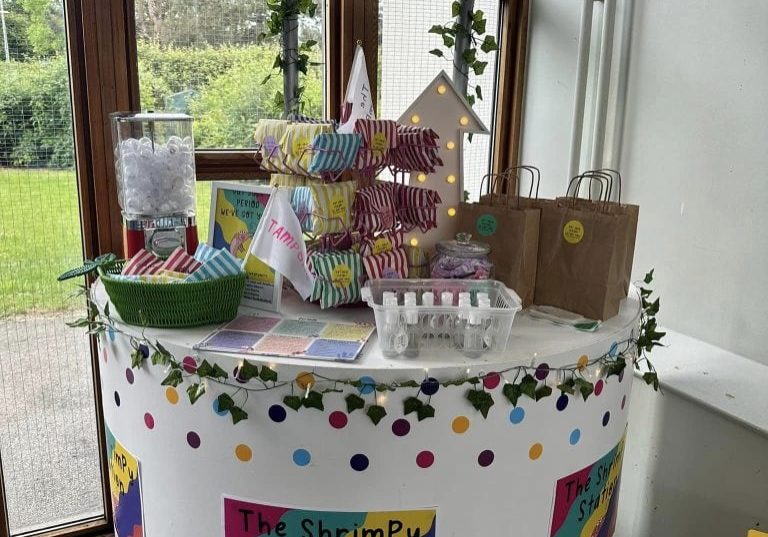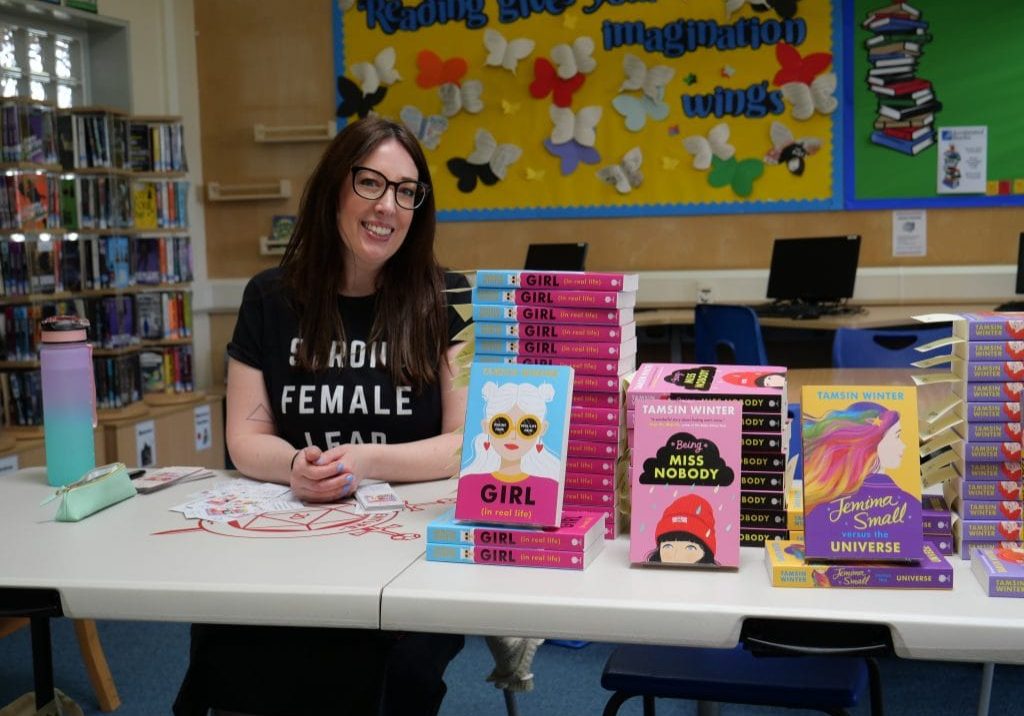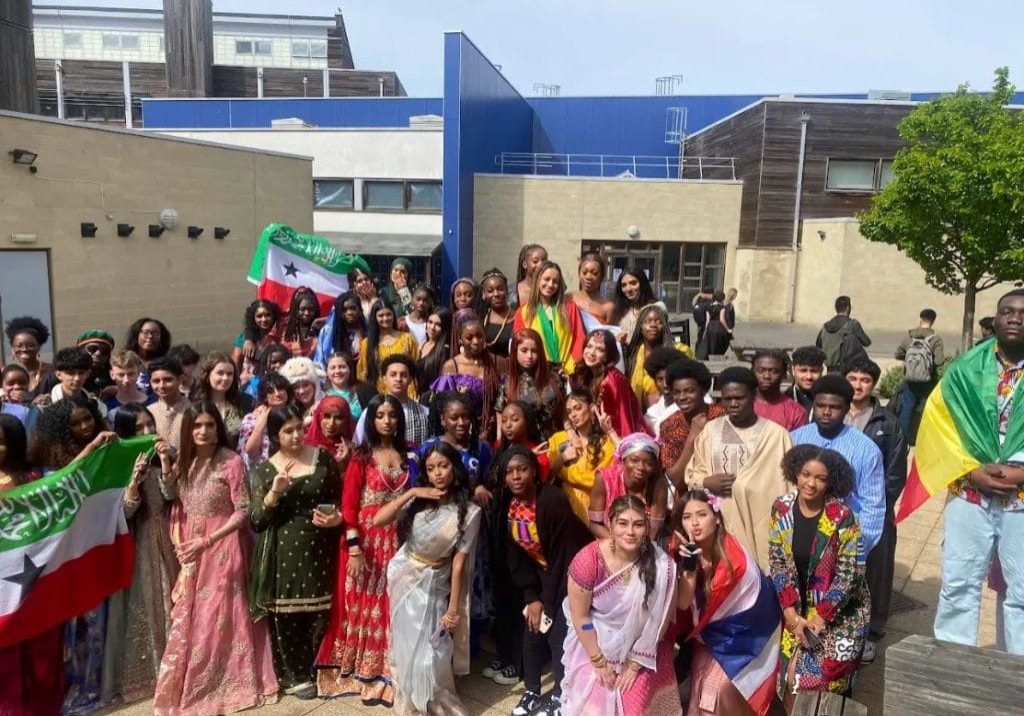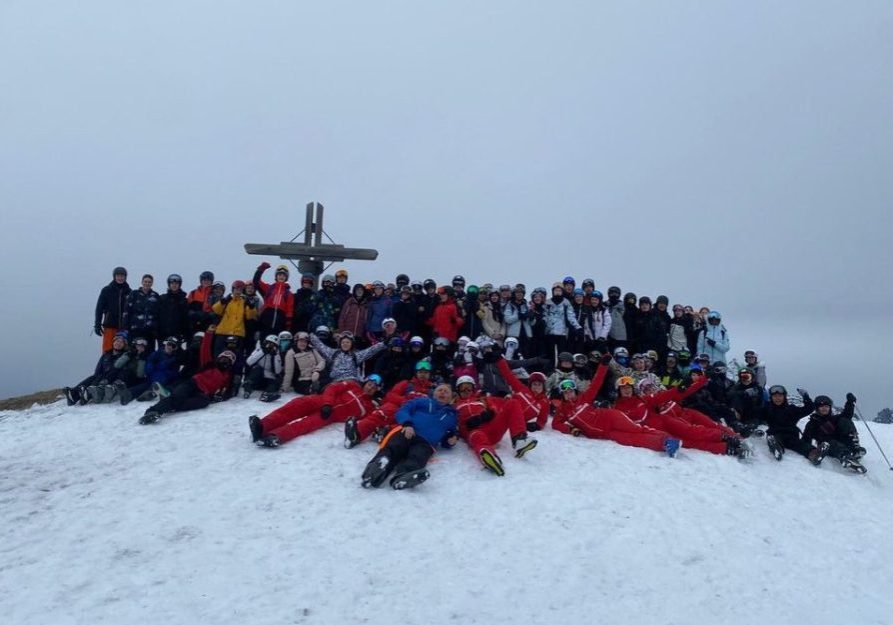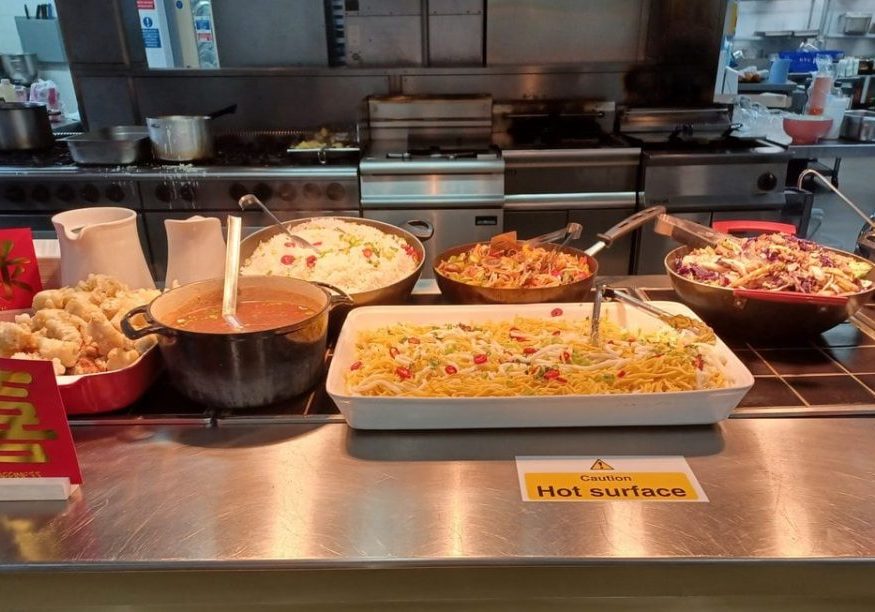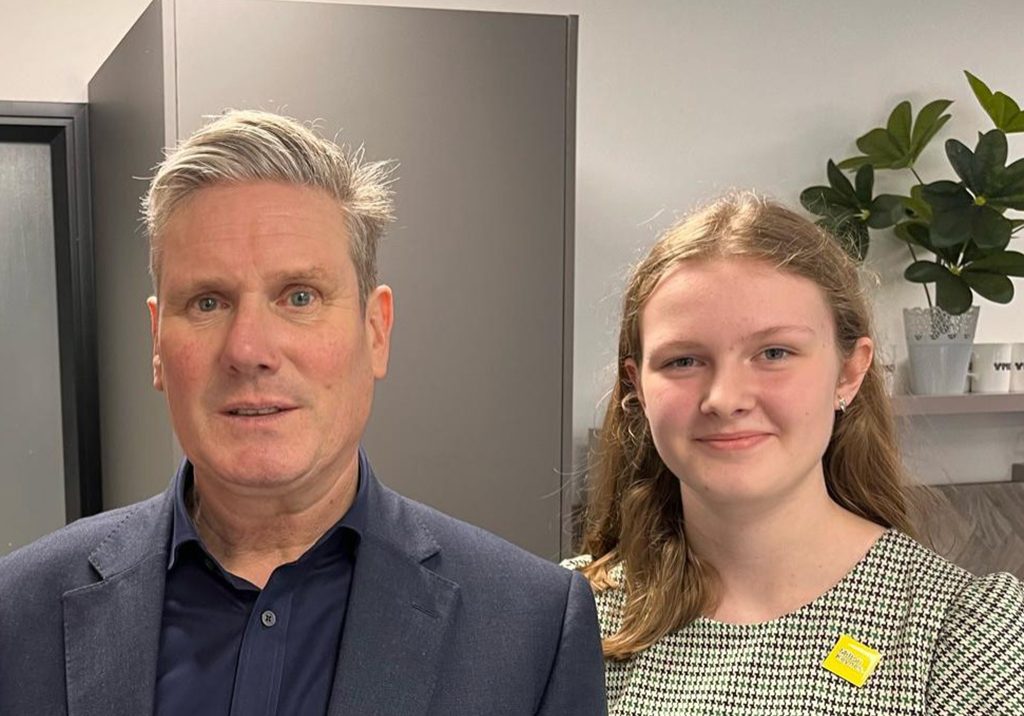Primary Curriculum
Our curriculum ensures students are equipped with the knowledge, skills, academic currency and cultural capital they need to confidently meet the challenges of the 21st century and achieve their aspirational goals.
We believe in a broad and balanced curriculum, underpinned by high academic standards. There are clear pathways in each subject area for knowledge and developing pedagogy which are meticulously planned and sequenced to ensure that learning builds coherently from EYFS to KS2.
Our knowledge rich approach reflects the diversity of our student population whilst ensuring that all students are able to access the curriculum. Stretch and challenge is an integral part of all areas of the curriculum.
The National Curriculum is our starting point but in all subjects and in all years our curriculum exceeds the expectations, providing opportunities for our students to experience the best that has been said, written and created.
English - Reading
The ability to decode and read is fundamental to accessing the entire curriculum.
Reading for fluency begins in EYFS and continues into Key Stage 1 with a forensic approach to synthetic phonics, using the Read Write Inc. programme
Our approach to reading is based around three key principles: reading for fluency, reading for knowledge and reading for pleasure.
Carefully curated texts are selected as the basis of the English curriculum
We want…
- …children to develop a love of reading
- …children to be able to decode and read independently
- …children to access books which represent the rich diversity of our school
- …children to read the best that has ever been written
- …teachers to model the skills of reading
- …all children to access the same texts regardless of ability through a Whole Class Guided Reading approach
Phonics At Oakgrove School
High quality synthetic phonics is taught daily in discrete sessions following the Read Write Inc. programme in Foundation Stage and Year 1. Pupils practise their reading from books that precisely match their phonic knowledge. These books are sent home each week. All staff have received in depth training alongside weekly ‘top up’ training sessions to ensure our phonics scheme is delivered with the utmost precision and accuracy. Information evenings and instructional videos enable families to support their children at home. In lower Key Stage 2, Read Write Inc Fresh Start is used as a catch up programme with targeted pupils.
More information about Read Write Inc. can be found here https://www.ruthmiskin.com/parents/
Curriculum Matrix Reading overview - EYFS and KS1
Curriculum Matrix Reading overview - KS2
Oakgrove Primary 101 Books Challenge
An additional strategy to develop a love of reading at our 101 Books Challenge. These books are carefully chosen to expand children's reading experiences.
There are 25 books that children will have read to them in Nursery and Foundation. We read these books at school, but we encourage you to read them at home too.
A further 26 books for KS1 children. These are mostly picture books which are good to read aloud to children. The list includes some chapter books to challenge Year 2.
25 books for LKS2. A range of chapter books and some thought-provoking picture books. The most challenging books will be read at school.
A final 25 books for UKS2. These end with some options for children to select from as they build stronger reading preferences.
To motivate the children, we have a reward system in place:
-
Children receive certificates for reading 5, 10, and 15 books from their list.
-
Completing all 50 books in EY and KS1 earns a Bronze Bookworm Badge.
-
Reading 25 books from KS2 earns a Silver Bookworm Badge.
-
Completing all 50 books in KS2 earns a Gold Bookworm Badge.
English - Writing
The skills and knowledge needed for writing are carefully sequenced across and between year groups.
A range of text types are explored and developed, stemming from a core text.
Spelling, punctuation and grammar are embedded within writing lessons.
Carefully curated texts are analysed and investigated.
We want…
- …children to confidently share their thoughts and ideas independently through their writing
- …children to demonstrate their grasp of rich vocabulary
- …children to become increasingly sophisticated when creating different text types
- …children to write accurately and convincingly
- …children to know how to improve their own writing and offer suggestions to their peers
- …children to have opportunities to write for real purposes
Curriculum Matrix writing overview - Foundation
Curriculum Matrix writing overview - Y1
Curriculum Matrix writing overview - Y1
Curriculum Matrix writing overview - Y2
Curriculum Matrix writing overview - Y3
Curriculum Matrix writing overview - Y4
Curriculum Matrix writing overview - Y5
Curriculum Matrix writing overview - Y6
Handwriting
Maths
The teaching of maths is based around a CPA approach (concrete, pictorial and abstract).
Arithmetic and the understanding of number and place value creates a firm foundation.
Development of calculation skills and formal written methods is carefully sequenced within and across year groups.
Problem-solving opportunities are embedded in all lessons to allow children to apply their mathematical knowledge.
We want…
- …children to identify as mathematicians
- …children to be inquisitive mathematicians
- …children to confidently manipulate number and shape
- …children to understand the importance of maths in the wider world
- …children to understand mathematical concepts rather than superficially use written methods
- …children to know how to apply their knowledge and understanding and solve problems
Curriculum Matrix maths overview - Y1
Curriculum Matrix maths overview - Y2
Curriculum Matrix maths overview - Y3
Curriculum Matrix maths overview - Y4
Curriculum Matrix maths overview - Y5
Curriculum Matrix maths overview - Y6
Mental Maths
Science
Science lessons will encourage children to ask questions and find answers about our world through science.
Concepts will be taught through practical and engaging investigations and experiments, using our well-resourced laboratory and classrooms.
Our curriculum will inspire and expose children to scientific careers and wide fields of enquiry. We will recognise and celebrate the impact individual scientists have had on scientific discovery and advancement.
We teach all three sciences: chemistry, biology and physics.
We want…
- …to inspire the next generation of engineers and scientists
- …to develop an aspiration for STEM subjects in all pupils, particularly girls
- …science lessons to be inspiring, engaging with an emphasis on practical investigations and experiments
- …to ensure we learn about and reflect a diverse range of thinking and scientific study from around the world
- …to develop children’s confidence with the processes and language of enquiry
- …science lessons to link well with humanities and maths
Art
Art is taught to allow children to express themselves creatively.
They will produce masterpieces that utilise their own skills and choices.
This is taught through exposure to a diverse range of artists including those historically considered ‘the greats’, and by following the design process which encapsulates both skills and knowledge.
We want…
- …children to discover a wide range of great artists from all genders and ethnicities and eras
- …children to have the freedom to express themselves freely, creating work inspired by great artists
- …children to explore and experiment with different materials and analyse their effectiveness
- …children to develop skills in a range of art techniques
- …art lessons to be sequenced in a way that allows children to learn knowledge and skills by following a structured creative process
- …displays to celebrate the masterpieces that children create
Nursery
EYFS Curriculum Matrix Art Overview
Foundation
EYFS Curriculum Matrix Art Overview
Year 1
Y1 Summer1-Paintings-of-Children
Year 2
Y2 Autumn2-Colour-shape-and-texture
Y2 Spring1-Portraits-and-Self-Portraits
Y2 Spring2-Landscape-and-Symmetry
Y2 Summer2-Murals-and-Tapestries
Year 3
Y3 Autumn2-Still-Life-and-Form
Y3 Spring1-The-Art-of-Ancient-Egypt
Y3 Summer2 Modern-Architecture
Year 4
Y4 Spring2-Monuments-of-Ancient-Rome
Y4 Summer1-Byzantine-Monuments
Year 5
Y5 Spring1-Art-from-Western-Africa
Y5 Spring2-Chinese-Painting-and-Ceramics
Y5 Summer2 -An-Introduction-to-Photography
Year 6
Y6 Autumn1-Art-in-the-Italian-Renaissance
Y6-Autumn2- Renaissance-Architecture-and-Sculpture
Y6 Spring1-Victorian-Art-and-Architecture
Computing
Our computing curriculum enables children to be adaptable and enthusiastic about new technologies by having a fundamental understanding of systems and mechanisms of how computers and programmes work.
The curriculum enables children to use their proficiency and creativity to develop solutions to both existing and future opportunities.
Using technology safely will underpin all aspects of the curriculum.
We want…
- …children to confidently, safely and proficiently use a range of technology
- …children to be programmers, designing, diagnosing and debugging algorithms
- …children to creatively use technology to help them achieve their aspirational goals
- …children to be futureproof learners, able to adapt to and lead in new technologies
- …children to understand how computer science has developed over time, celebrating key historical figures and their impact on technology
- …children to understand and recognise the role Milton Keynes plays in developing new technology
EYFS Computing curriculum coming soon
Curriculum Journey In Computing
Design Technology
Design Technology is developed through three strands: resistant materials, food and textiles.
The curriculum allows children to follow through the design process from purposes to designing, making and evaluating.
The products will enable children to express their individuality as well as develop key skills. The projects are to be purposeful and ambitious.
Children are introduced to a diverse range of exceptional designers and will be able to explain how they influence their own work.
We want…
- …children to be confident in all areas of the design process
- …children to independently express their concepts through their design choices
- …children to experience all the strands in each year group
- …projects to be ambitious
- …to celebrate the work of key designers
French
Our French curriculum gives children an opportunity to learn the French language in a fun but challenging way.
It is an introduction to the lifelong learning of a modern foreign language.
All children also learn about cultural traditions and what make France unique.
We want…
- …children to appreciate and see the value in learning French
- …children to enjoy learning the French language
- …children to be confident learners, keen to speak in French
- …children to develop an understanding of key grammatical concepts
- …children to develop skills in listening, reading and writing French
- …children to develop a sound understanding of the French language by Year 6 to ensure they are well prepared for their studies at secondary school.
Geography
Geography lessons will inspire children to be curious about their local area and the world, being able to understand similarities and differences.
Active and engaging fieldwork will underpin geographical understanding and learning, developing a sense of being a geographer.
Children will develop their understanding of the co-dependent relationship between physical and human geography, particularly when learning about climate change.
We want…
- …to inspire children to be curious about the world, their community and the local area
- …children to be able to apply their knowledge of local physical and human geography to other areas around the country and world
- …children to understand that human and physical geography are co-dependent
- …children to physically explore their local area as well as further afield
- …children to have a greater understanding that humans are impacting the physical geography around the world and how to adjust to an ever-changing world.
- …children to see themselves as geographers
Nursery
Foundation
Year 1
Y1 Spring2-The-Seven-Continents
Year 2
Year 3
Y3 Spring2-South-West-of-England
Y3 Summer2-Asia-India-and-China
Year 4
Y4 Autumn2-Mediterranean-Europe
Y4 Summer1-London-and-the-South-East
Year 5
Y5 Spring1-East-Anglia-Yorkshire-and-the-Midlands
Year 6
History
History is led through enquiry; each session begins with a question.
Children will develop an understanding of the chronology of history from the dinosaurs to the present day.
Children will relate their understanding to themselves and their own past. They will understand local history.
Children will learn to describe, compare and evaluate historical information; they will develop an awareness of how people, events and periods have an effect on the present day.
Children will develop an understanding of overarching abstract and substantive historical concepts and be able to apply this knowledge to different historical periods.
Primary and secondary sources will be accessed, explored and interrogated.
We want…
- …children to express an interest in history and develop their enquiring minds
- …children to understand the chronology and sequencing of history
- …children to know their place within the chronology
- …children to be able to talk about historical information
- …children to understand that the past influences the present and future
…children to discover connections between different eras and concepts
Nursery
Summer 2 - Heroes and Adventures
Foundation
Summer 1 - Stories From The Past
Year 1
Y1 Autumn1-Discovering-History
Y1 Spring1-Kings-Queens-Leaders
Y1 Summer1-Parliament-Prime-Mininsters
Year 2
Y2 Summer2-Powerful-voices-KO-RE
Year 3
Y3 Autumn1-Stone-Age-to-the-Iron-Age
Year 4
Y4 Spring1-Life-in-Ancient-Rome
Y4 Spring2-The-Rise-and-Fall-of-the-Roman-Empire
Year 5
Y5 Summer1-The-Industrial-Revolution
Year 6
Music
Our music curriculum gives children an opportunity to appreciate a wide variety of music from a diverse range of composers and performers.
All children will experience the joy of music.
It will be led by exposure to the best that has been performed and composed.
All children will learn to play and perform on different instruments, including voice.
All children will learn to compose music.
We want…
- …children to appreciate, analyse and reflect on a wide variety of diverse styles of music from different cultures
- …children to be confident and expressive singers
- …children to be fearless and creative composers
- …children to experience playing a wide range of instruments
- …children to be confident performers, able to individually express a piece of music to different audiences
Physical Education
At Oakgrove, our curriculum encourages all children to lead a healthy and active lifestyle.
It enables children to develop their gross motor skills, teamwork and fitness levels.
All of our pupils benefit from the opportunity to compete and be successful in a range of sports
within the school curriculum and beyond.
Outdoor and adventurous activities, including trips, gives children the opportunities to push their boundaries and build resilience through physical activity and sport.
We want…
- …children to be aware and confident of their bodies and their capabilities
- …children to be active and healthy
- …children to know what it is to be part of a team
- …children to understand healthy competition
- …a school that celebrates a successful active and sporting culture
- …children to experience a broad curriculum with the opportunity to develop skills in different sports
- …to celebrate sporting talent
- …children to be exposed to sporting role models from a diverse range of backgrounds
- …all children to be successful athletes
Nursery
Nursery Autumn 2 - Dinosaur Dance
Nursery Spring 1 - Ball Skills Part 1 - Enjoy a ball
Nursery Spring 2 - Ball Skills Part 2 -Tennis and Football
Nursery Summer 2 - Multiskills
Foundation
Foundation Autumn 1 - First PE
Foundation Autumn 2 - Superhero Dance
Foundation Spring 1 - Enjoy a ball
Foundation Spring 2 - Tennis and Football FUNdamental
Foundation Summer 1 - Gymnastics
Foundation Summer 2 - Multiskills
Year 1
Year 1 Indoor Athletics Spring 2
Year 2
Year 2 Indoor Athletics Spring 2
Year 3
Year 3 Indoor Athletics Spring 2
Year 4
Year 4 Indoor Athletics Spring 2
Year 5
Year 5 Indoor Athletics Spring 2
Year 6
Personal, Social, Health and Economic
Our PSHE curriculum enables all children to develop safe, positive and healthy relationships.
Our children will be confident to communicate, feel safe and have an awareness of their roles and responsibilities in society.
Our spiral curriculum feeds into the whole school ethos and approach to behaviour, providing children the knowledge to accept themselves and others.
Our children are given the skills to help them regulate and understand their emotions.
Our children are taught about British values and understand their own role in life in modern Britain.
Understanding equality is key to the PSHE curriculum.
We want…
- …children to recognise, accept and celebrate individuality
- …restorative practice to underpin any times of conflict
- …all children to feel safe and listened to within the school community
- …current affairs to inform PSHE planning
- …children to understand their crucial role and responsibilities within their community
- …our curriculum to be mindful of age appropriate milestones
Nursery
Curriculum Matrix PSHE overview - EYFS KS1
Foundation
Curriculum Matrix PSHE overview - EYFS KS1
Key Stage 1
Curriculum Matrix PSHE overview - EYFS KS1
Curriculum Matrix PSHE overview - Y1
Curriculum Matrix PSHE overview - Y2
Key Stage 2
Curriculum Matrix PSHE overview - KS2
Curriculum Matrix PSHE overview - Y3
Curriculum Matrix PSHE overview - Y4
Curriculum Matrix PSHE overview - Y5
Curriculum Matrix PSHE overview - Y6
Religious Education
RE is taught to impart knowledge about a range of world religions, particularly reflecting the religions represented within our local community.
Its aim is to promote tolerance, respect and understanding of different beliefs and practises.
Children will develop an understanding of their own beliefs and take pride in their own identity.
This is made real and relevant through real life experiences, such as local visits, and drawing on expertise within our local community.
We want..
- …children to understand that there are different beliefs that people have and follow
- …to develop a culture of tolerance and acceptance of all beliefs
- …to recognise that some people do not follow world religions or faiths
- …children to explore their own beliefs and take pride in their identity whilst also respecting children who have different beliefs
- …all children to have the confidence to ask big questions and explore religious ideas
- …children to explore different beliefs through real-life experiences
- …to explore a wide range of world religions/beliefs including non-organised beliefs

